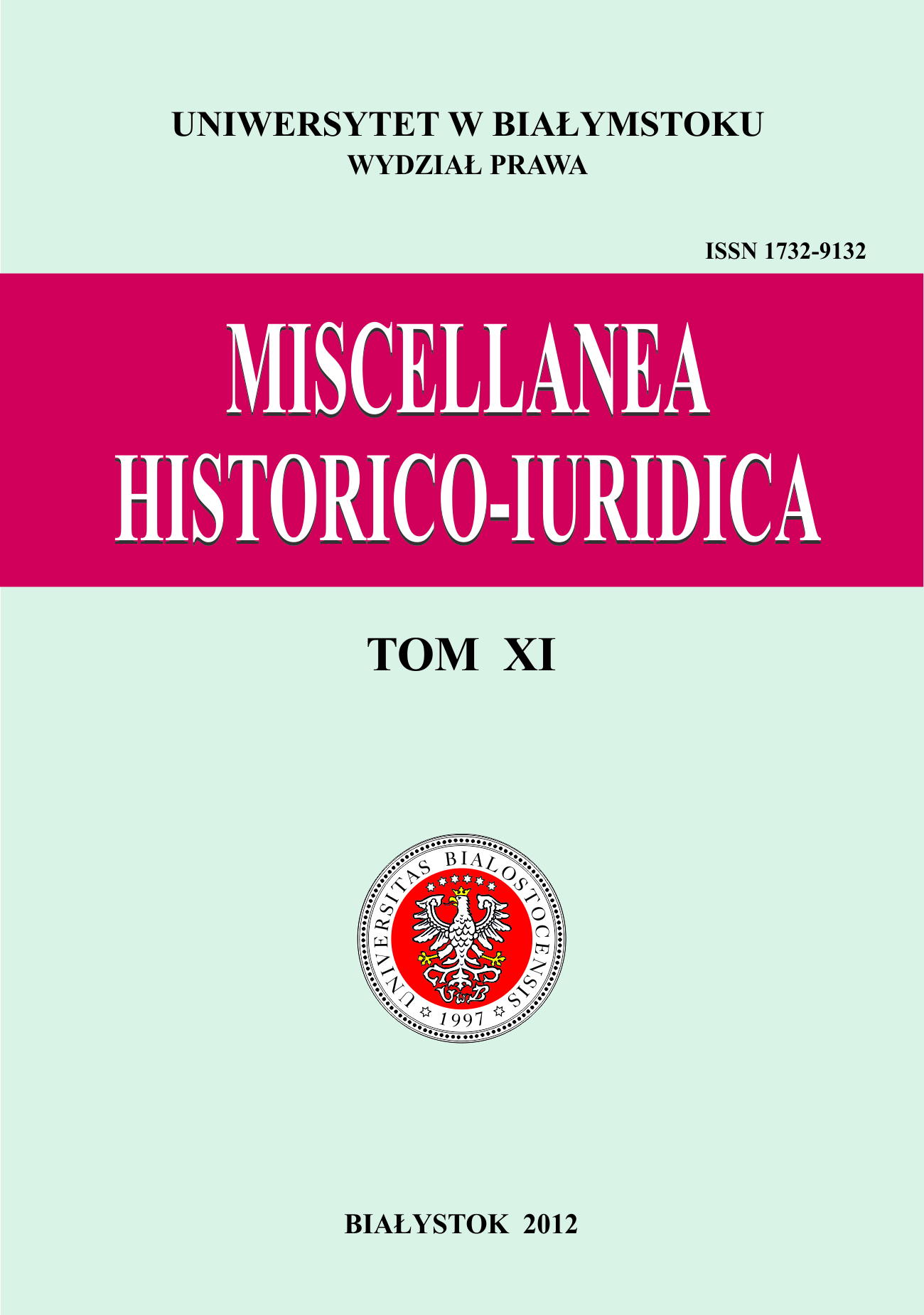Mensarii – как банкиры
Ключевые слова:
Ancient Rome, bankers, mensarii, loans-ne’xumАннотация
Mensarius is one of the terms describing Roman bankers. It is the Latin equivalent of the Greek trapezites – the term first used to describe persons making bank operations. This term was used by Titus Livius and from Ab urbe condita we can take important information about bankers. We find quinqueviri mensarii and triumviri mensarii. The first of them were appointed as a committee in 352 B.C., and according to plebiscitium de quinqueviris mensariis creandis. Quinqueviri mensarii were supposed to solve the problem of Roman citizens’ debts, arising from loans – nexum. They acted as as public banks. The results of the works of this committee were outstanding – they helped citizens and did not cause any loss for the treasury. It so happened, because they used public funds to cover the debts only when the debtors could give a sufficient guarantee. The rest of the debtors had to transfer their goods, which were then evaluated and sold. Triumviri mensarii were appointed as three independent clerks, having wide competences, to stop the crisis doming from the lack of money in circulation (propter penuriam argenti). They were appointed by lex Minucia de triumviris mensariis, from 216 B.C. The committee had probably the same competence as this from 352 B.C. However triumviri mensariis, contrary to the previous committee, were not appointed ad hoc, but they have operated as an office until 210 B.C. Their competence was wide. They registered citizens’ debts and were making payments. They were collecting money as depositum irregulare. Triumviri mensariis were clerks acting as state officials. You can claim that both described categories of Roman officials were acting as a sui generis public bank.







